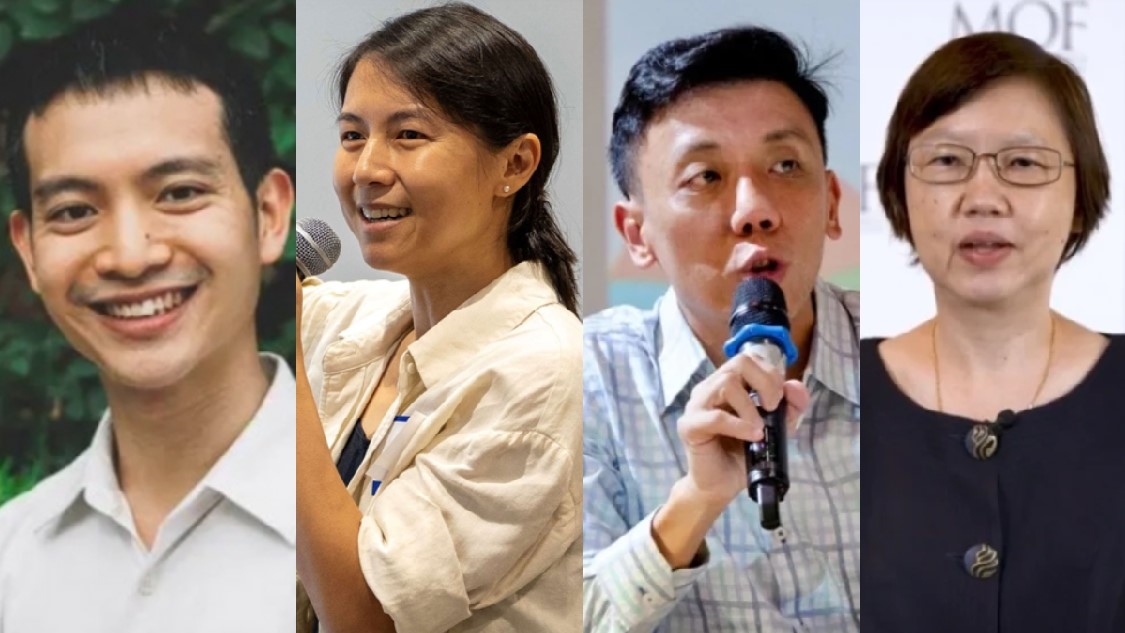SINGAPORE: The spate of civil service resignations that took place last week have heightened not only speculation about the timing of the next polls but also debate on whether the practice of senior officials joining partisan politics should be encouraged or done away with.
Just last Monday, the resignations of four senior officials was announced – all on the same day. Those who are resigning are MOF Perm Sec Tan Ching Yee, MTI and MOM Second Perm Sec Jeffrey Siow, Smart Nation Strategy Office Director Goh Hanyan and key MOF director Shawn Loh.
With their resignations, these four join the ranks of an MOT director and an MOH deputy secretary, who have also announced that they are leaving their roles earlier.
So what’s the big deal? Like all workers, civil servants have the right to resign whenever they want, right? They do, but these resignations have raised eyebrows because the general election is around the corner.
Singapore’s ruling party has a longstanding practice of recruiting civil servants into partisan politics just prior to elections. One great example is Prime Minister Lawrence Wong. PM Wong is a former civil servant who even served as principal private secretary to his predecessor, PM Lee Hsien Loong, long ago. He left the civil service in April 2011. Guess where he was the very next month? Parliament.
PM Wong is not an outlier. Heng Swee Keat, Ong Ye Kung, Chee Hong Tat, Desmond Lee, Grace Fu, Josephine Teo — all familiar faces in the PAP’s 4G. They all started in the civil service.
But is this really problematic? We’ll let you be the judge of that, but here are three reasons why this practice may not benefit Singaporeans.
- Civil servants are expected to maintain political impartiality while serving in public office. When high-ranking officials resign and swiftly enter politics, especially as election candidates not having to work their way up the party ranks, it may undermine public confidence in the civil service’s neutrality.
- In a country like Singapore which has been led by the same super-dominant party since independence, the rapid movement of civil servants into partisan politics can blur the distinction between state institutions and political entities. This can erode trust in both the political system and public institutions, especially if voters feel the process lacks transparency.
- This practice also raises questions of whether decisions made during a resigning civil servant’s tenure were influenced by political aspirations or party affiliations.
While civil servants have the right to enter politics, ensuring clear separation between public service and partisan activity is essential. So what can be done?
Some critics have suggested implementing “cooling-off” periods, requiring a gap between resignation from public office and political candidacy to mitigate these concerns. Back in 2018, former Workers’ Party MP Leon Perera proposed such a cooling-off period for civil servants entering politics.
At the time, he argued that requiring a gap—such as three years—between leaving public service and running for office would prevent public institutions from being compromised by partisan influences.
What do you think? Is such a measure necessary? Or are there other ways this separation can be achieved?

